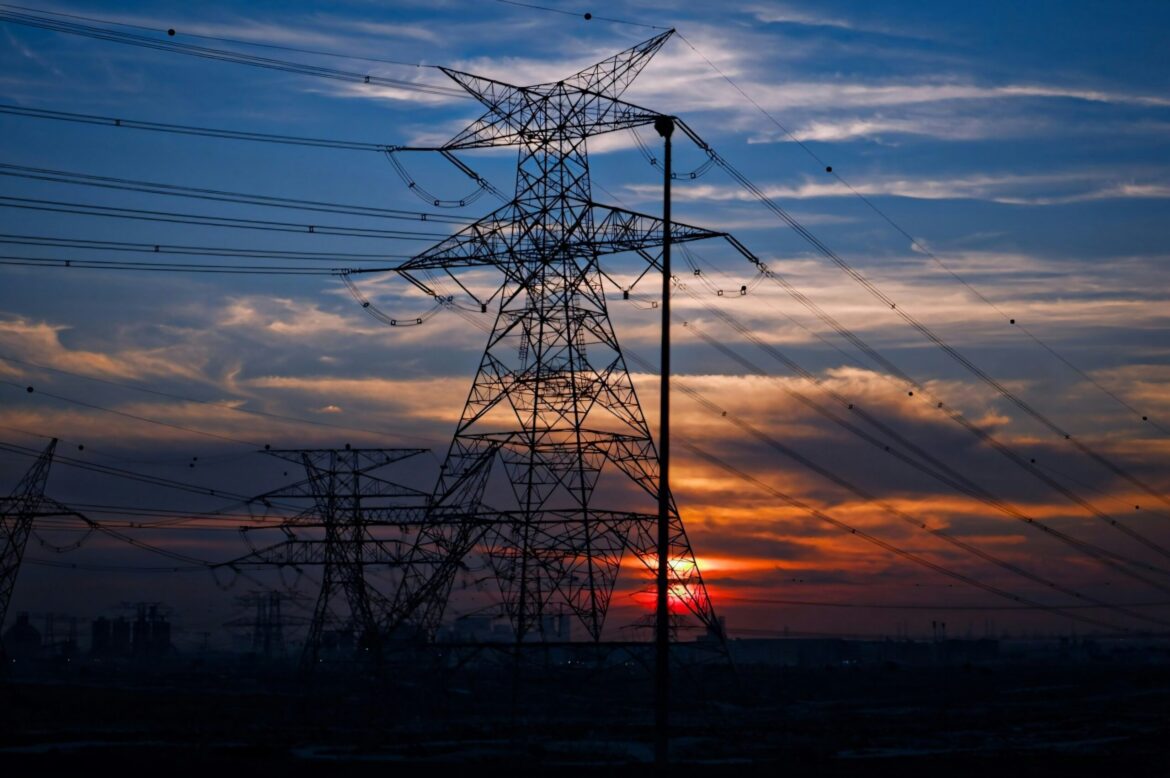In August 2022, the Eurozone was gripped by economic strain as inflation surged to historic levels. According to data released by Eurostat on August 18, inflation across the Eurozone reached a record 8.9% year-over-year in July. This alarming spike was primarily driven by soaring energy prices, a ripple effect of the ongoing geopolitical tensions stemming from the Russia-Ukraine conflict.
The inflation crisis coincided with a significant disruption in energy supplies. Earlier in the month, Russia suspended oil shipments through the vital Druzhba pipeline, which services much of Central Europe. The move followed Ukraine’s refusal to accept transit payments in rubles, a demand by Moscow that Kyiv rejected. This blockage impacted countries like Hungary, Slovakia, and the Czech Republic, increasing their vulnerability amid already tight energy markets.
The energy shock added considerable pressure to the region’s economies, which were already navigating the complexities of post-pandemic recovery. Households and businesses alike felt the strain, with electricity and fuel prices climbing steeply, eroding purchasing power and threatening to slow economic momentum.
In response to the unfolding crisis, the European Union intensified efforts to transition towards renewable energy. Brussels emphasized the urgent need to reduce dependency on Russian fossil fuels, unveiling measures to diversify energy sources and invest in green infrastructure. The crisis served as a stark reminder of the EU’s energy vulnerabilities and reinforced commitments under the European Green Deal.
Meanwhile, central banks across the Eurozone took decisive action to counteract inflationary pressures. The European Central Bank (ECB) and other national monetary authorities raised interest rates, marking a shift from years of ultra-loose monetary policy. These hikes aimed to temper demand and anchor inflation expectations, but they also raised concerns about potential slowdowns in growth and increased borrowing costs for consumers and businesses.
Policymakers faced the delicate challenge of balancing inflation control with the need to support economic recovery. The energy supply shock, coupled with rising prices, highlighted the interconnected nature of energy security, economic stability, and geopolitical strategy within the Eurozone.
As the region braced for a potentially difficult winter, governments began preparing contingency plans, including strategic energy reserves and assistance programs for vulnerable populations. The dual pressures of inflation and energy insecurity underscored the need for coordinated policy responses at both the national and EU levels.
Overall, August 2022 marked a pivotal moment for the Eurozone, revealing the depth of its exposure to external shocks and accelerating efforts toward a more resilient, sustainable economic model.

